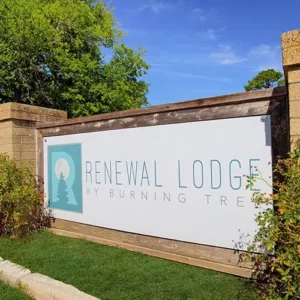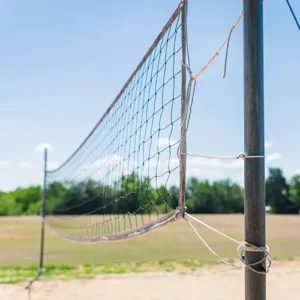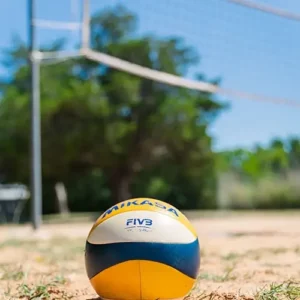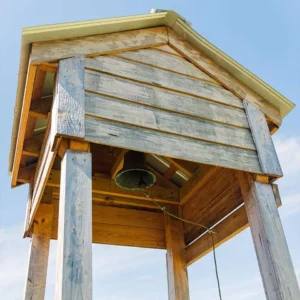Inpatient Rehab for Cocaine Addiction
Cocaine addiction is a serious and widespread issue that has devastating consequences for individuals and society as a whole.
The Substance Abuse and Mental Health Services Administration (SAMHSA) reports that a staggering 2% of Americans aged 12 and older used cocaine in 2019, highlighting the urgent need for action. The impact of cocaine addiction is far-reaching, causing physical and mental health problems, damaging relationships, and contributing to crime rates and economic burdens. Those struggling with cocaine addiction must seek professional help to overcome this destructive habit.
Cocaine Addiction Statistics
In 2021, about 0.5% or 1.4 million people aged 12 or older had a cocaine use disorder within the past year.
Source: SAMHSA Substance Abuse and Mental Health Services Administration
According to research, in 2021, approximately 24,486 individuals succumbed to overdoses associated with cocaine.
Source: The Centers for Disease Control and Prevention
In 2019, it was reported that 8.5% of expectant mothers between the ages of 15 and 44 had used cocaine in the preceding year.
Signs and Symptoms of Cocaine Addiction
























Cocaine Addiction Treatment Options
Inpatient Programs
Inpatient rehabilitation programs provide individuals with 24/7 care in a structured environment, ensuring they receive intensive treatment and support.
Behavioral Therapies
Cognitive-behavioral therapy (CBT) and contingency management help clients identify triggers and develop coping strategies to resist drug use.
Counseling
Individual and group counseling sessions provide a supportive environment for addressing addiction’s psychological and emotional aspects.
Holistic Approaches
These encompass activities such as yoga, meditation, and nutritional support, aimed at enhancing overall well-being and addressing the physical, psychological, and emotional facets of addiction.
Dual Diagnosis Treatment
Clients with co-occurring mental health issues, dual diagnosis treatment programs address both addiction and underlying psychiatric conditions.
Support Groups and Community-Based Recovery
Groups like Narcotics Anonymous and SMART Recovery aid cocaine addiction recovery through peer support, coping strategies, and community building.
Aftercare and Ongoing Support
Aftercare is an essential component of long-term success in cocaine addiction recovery. It offers various supportive services and strategies that individuals can access once they have completed their initial treatment program. The ultimate goal of aftercare is to empower individuals to maintain their sobriety, prevent relapse, and successfully reintegrate into their communities. This often involves ongoing counseling or therapy sessions that are specifically tailored to address cocaine addiction, participation in support groups that are focused on addiction recovery, and educational programs that equip individuals with essential life skills.
Additionally, aftercare plans may include regular check-ins with a counselor or sponsor who specializes in cocaine addiction, as well as practical assistance in areas such as securing stable housing and employment. By providing a structured and supportive framework beyond the initial treatment phase, aftercare significantly enhances an individual’s prospects of achieving sustained recovery and a healthier, cocaine-free life.


